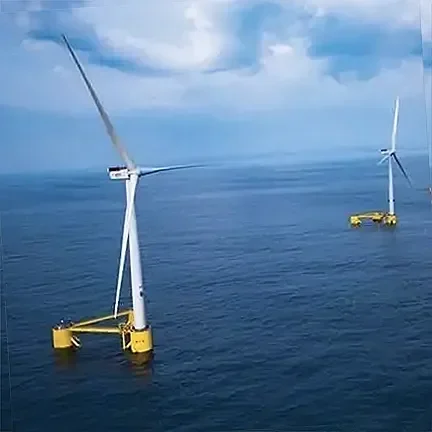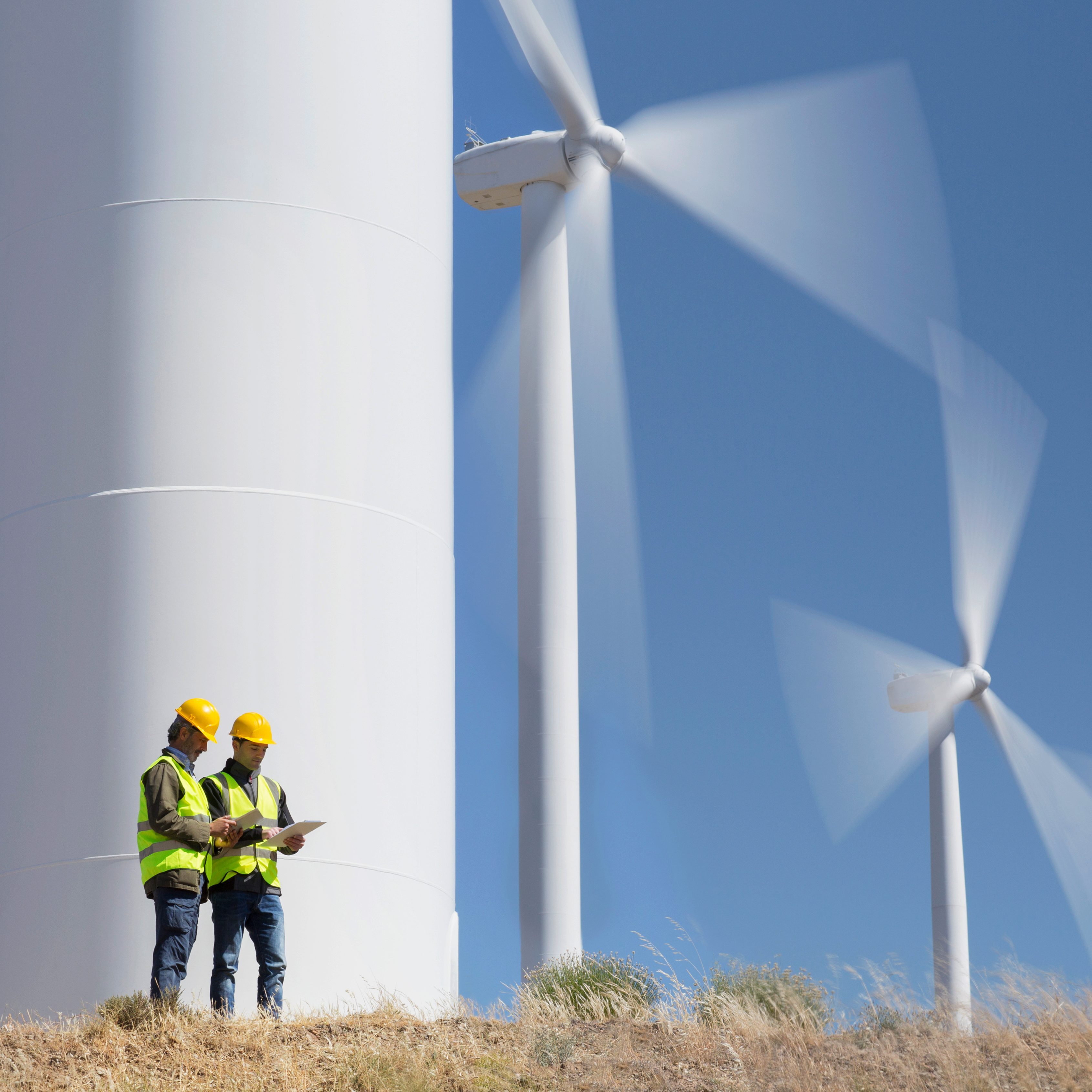Read Important stories we are following on the climate crisis and what people are doing to hold back its devastating effects with community involvement, laws and energy security solutions, as they come into the news center.
FEATURED Articles
Below please find ISSUE XXIX of Protect Earth Magaizine
News From DC
Promised jobs and development plans slashed when D.C. stopped economic growth plans. Across the country, more than 64,000 clean energy jobs have disappeared since President Trump took office. Major grants, federal guarantees and loans for businesses and communities have been stopped by this administration. These actions have led to companies pulling out of major investments and communities having to put development plans on hold. . .
International NEWS
War in Ukraine & President Maduro’s abduction point to how fossil fuel dependency creates energy insecurity. Putin’s War on Ukraine has shown how fossil fuels are making our world less safe and increasing the dependency of democratic countries on autocratic dictators. President Trump’s abduction of Venezuela’s authoritarian ruler was, in part, apparently meant to increase oil production for American corporations. It is another prime example of how the production and distribution of oil is a national energy security issue.
Add a button here.
ARTICLES

Needed Climate Action
Climate Jobs
“We need to let this administration and Congress know that by cutting clean energy investments they are putting veterans out of work and opening the US up to fossil fuel energy volatility,” Christian Brock, Elected Officials to Protect America (E.O.P.A.) Senior Advisor, Air Force Veteran. “American clean energy is an economic, environmental, and national security imperative.”

Climate Action
Elected Officials Take Action
“For decades fossil fuels have fueled the climate crisis while Big Oil has made astronomical profits. We need to start making Big Oil pay for the damages they’ve wrought with the California Superfund Law,” said Berkeley Council Member Igor A. Tregub, Elected Officials to Protect America (EOPA) California Leadership Council Member.

Climate Action
Communities and Eletced Officials Take Action
We have the opportunity to develop a new heavy lift marine terminal to service the offshore wind industry in a way to maximize local economic and community benefits while enhancing the natural environment of Humboldt Bay by remediating legacy contamination on industrial lands,” said Stephen Kullmann, Commissioner 3 rd Division, Humboldt Bay Harbor, Recreation, and Conservation District.

Offshore Wind Energy Solution
Actions Progres Offshore Wind
“Now each individual project is still going to have to continue the route it’s on. For example, projects like in the Port of Humboldt, they can continue without being permanently stopped, which the White House was trying to do. For states like California to reach their goals on reducing carbon output, offshore wind projects are a big part of that equation and in the long term you’re talking about jobs, and billions of dollars of investment at stake,”said Benjamin Collings, offshore wind advisor for Elected Officials to Protect America.

Clean Energy Solutions
Elected Officials Take Action
“As these and other states make progress implementing clean energy climate policies, they are showing the federal government that the transition to clean energy cannot be stopped. They have already shown that clean energy is cheaper to implement than polluting fossil fuels and that these investments have been responsible for economic growth,” said Barry Vesser, Chief Program Officer of The Climate Center.

Clean Energy Solutions
International Climate Crisis Plan
Elected Officials to Protect America has developed anC Energy Security Plan for Ukraine, that would include carbon markets per the UNs Article 6 guidelines, according to Ievgeniia Kopytsia, EOPA Ukraine policy expert, and Darka Harnyk, EOPA Program Officer, Ukraine Energy Security Marshall Plan“Ukraine’s carbon market could become a prototype for conflict-affected economies worldwide, where climate policy and recovery policy converge, and where the currency of carbon is measured not only in tons of CO₂ but in megawatts restored, hectares rehabilitated, and lives rebuilt.”

Clean Energy Solutions
Wind Projects that Create Jobs at Risk
An estimated 22,000 jobs in the wind-manufacturing industry could be created in Appalachian Pennsylvania and neighboring states in the coming decades, according to a new report from ReImagine Appalachia. However, The U.S. Department of Energy announced this month it’s canceling around $7 billion in grants which would fund clean energy projects in more than a dozen states.

Energy Security
Oil and Gas are Health and Security Threats
““Taking military action to increase our oil dependency is going in the wrong direction. The best thing we can do is secure clean, distributed, renewable energy, because that’s what actually makes the world more secure,” said Alex Cornell du Houx, president of Elected Officials to Protect America, a former Maine legislator and adjunct professor at the University of San Francisco.

Community Clean Energy Solutions
Cuts in federal Grants Mean Job Losses
A $210 million EV battery plant in Detroit was canceled this fall, costing an estimated 600 union jobs. “The auto industry is unfairly treated by policies coming out of Washington, D.C. It’s not just happening in Detroit but it’s something you see around places, such as the battery startup in Holland just shut down and laid off dozens of workers,,” said Gary Schlack, Allen Park City Council. National Guard veteran
Op-eds

Op-ed Op-ed by Naweed Kawusi, former colonel with the Afghanistan National Defense and Security Forces
“The Taliban’s strategic sabotage of energy infrastructure goes beyond the Kajaki Dam. They have repeatedly targeted electricity cables and transmission towers, leaving huge districts in darkness.
“These attacks serve several aims, including disrupting government operations, undermining public morale, and providing propaganda successes that expose the government’s failure to sustain key services.
“Such approaches erode public trust in the government and exacerbate anger, providing fertile ground for extremist recruitment. The Taliban can therefore position themselves as an alternative authority capable of providing security and basic services in areas where the government has failed . . .”

Op-ed by Patricia Gabriela, Elected Officials to Protect America Program Officer
Brazil’s Potential of Wind Power in Piauí and Workforce Challenges
“The negative health impacts of breathing in methane are dangerous to their bodies, still in their formative stage. These health impacts have been well documented — children suffering from asthma, nightly nosebleeds, and visits to emergency rooms because of difficulty breathing.

Op-ed Allen Park City Councilmember Gary Schlack, National Guard Veteran
“As a U.S. National Guard Veteran, I swore an oath to defend the Constitution against all enemies, foreign and domestic. Every elected official takes that same oath. When I see policies that destroy jobs, raise costs, and weaken our economy, I take it as my duty to speak out—for my community, my state, and my country.
“The Republican One Big Beautiful Bill Act isn’t beautiful—it’s a blunder. It gutted clean-energy tax credits, derailed EV manufacturing, and drove away billions in investment. Families across Michigan are paying the price. At the end of September, Fortescue canceled a $210 million EV battery plant in Detroit that would have created 600 union jobs and transformed the historic Fisher Body site into a clean-energy hub. The company cited, “ current policy settings” and the elimination of key incentives in the Republican bill . . .”
Collaborations
Podcasts
Explore podcasts with elected officials, community leaders, and concerned citizens from across the country who are actively combating the climate crisis.
public news service
A partnership with PUBLIC NEWS SERVICE allows PEN to share important RADIO news reports from across the country on the climate crisis and action being taken.


